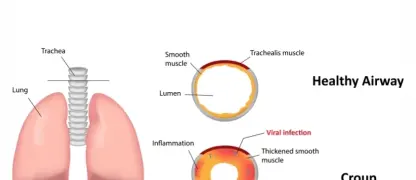Human Bocavirus Infection is a viral illness affecting children and adults. Learn about its symptoms, causes, prevention, and treatment to protect your health effectively.
What are the main causes of human bocavirus infection?
- Human Bocavirus primarily spreads through respiratory droplets from coughing or sneezing of an infected person.
- Poor hand hygiene increases the risk of transmitting Human Bocavirus from contaminated surfaces.
- Young children and individuals with weakened immune systems are more susceptible to contracting Human Bocavirus.
Key symptoms of human bocavirus infection to watch for
- Persistent cough and runny nose are common early indicators of Human Bocavirus Infection.
- Fever and mild respiratory distress may develop, signaling the virus is affecting the respiratory tract.
- Fatigue and decreased appetite often accompany respiratory symptoms in children infected with Human Bocavirus.

>>>Learn more: Understanding hantavirus pulmonary syndrome (hps) risks
How can you prevent human bocavirus infection effectively?
- Wash hands frequently with soap and water, especially after touching surfaces in public spaces.
- Avoid close contact with people exhibiting respiratory symptoms such as coughing or sneezing.
- Strengthen immunity by maintaining a balanced diet, regular exercise, and adequate sleep.
>>>Learn more: Understanding viral pneumonia symptoms and causes today
Image description of human bocavirus infection
Human Bocavirus is a small DNA virus causing respiratory infections mainly in children, leading to mild to moderate symptoms such as cough, fever, and fatigue.

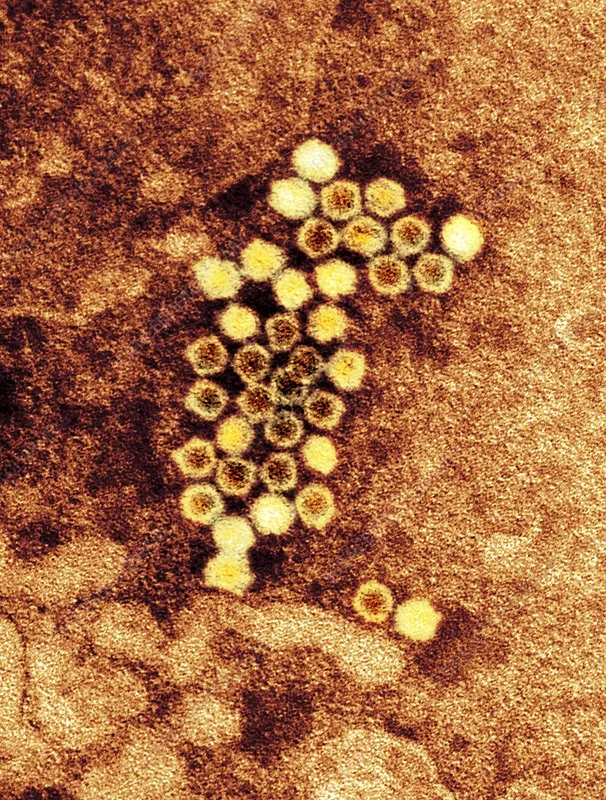
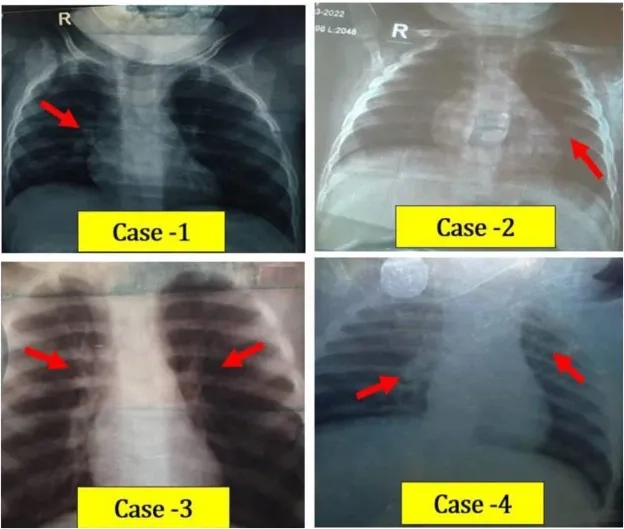
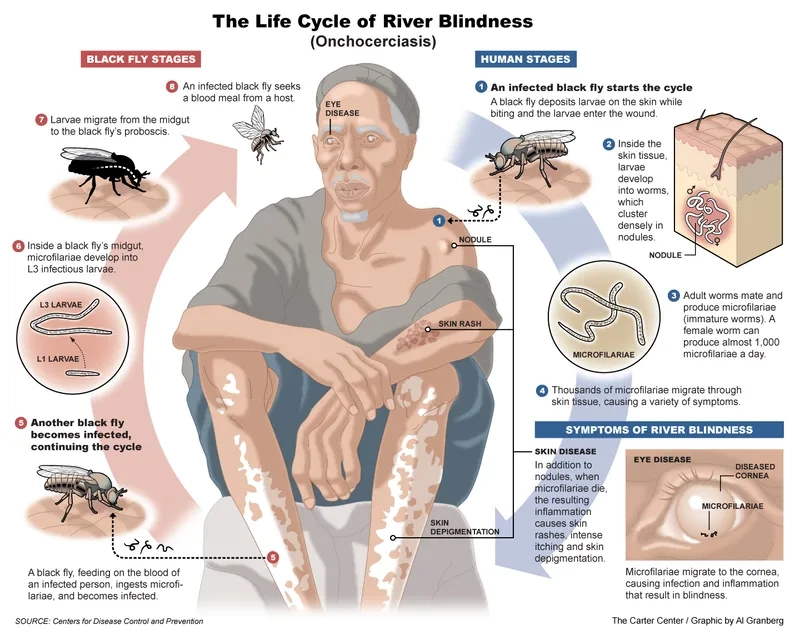



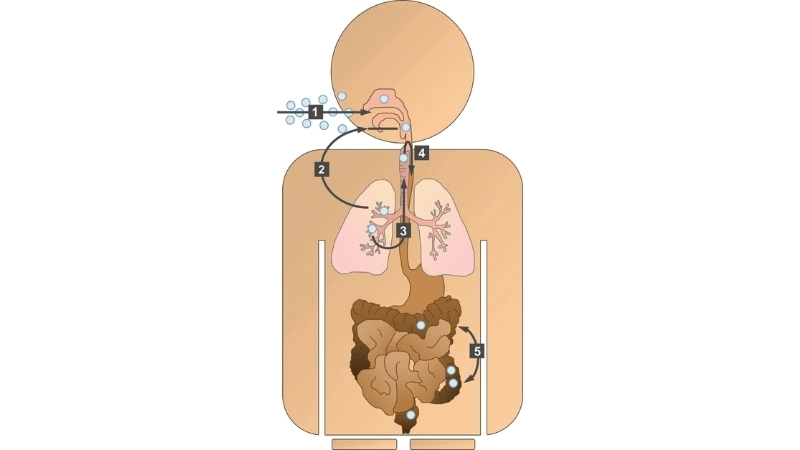
>>>Learn more: Understanding croup symptoms in children and adults
Staying informed about Human Bocavirus Infection helps in early detection and proper care. Follow medical advice and preventive measures to reduce risks and manage the illness safely.




